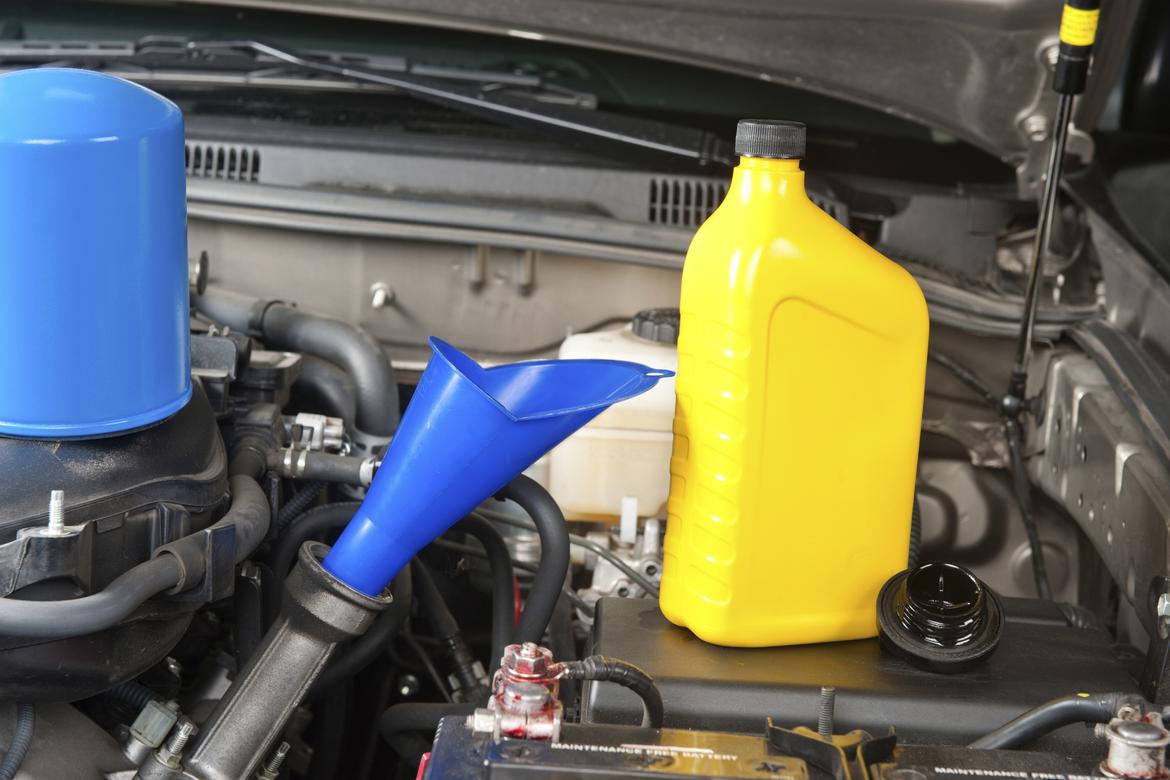Most major oil brands market oil made specifically for engines that have more than 75,000 miles of wear, claiming that additives help reduce engine wear and provide anti-aging benefits. They are often a blend of synthetic and petroleum-based oils, and they typically cost at least a couple of dollars more per quart than conventional oils.
But are they worth the extra dough?
Some oils may be more beneficial than others because they contain conditioners purported to rejuvenate seals to prevent or stop oil leaks, a common ailment in engines with a lot of miles on them.
Internal seals and gaskets become brittle and shrink as they age, allowing oil to seep by. Sometimes this becomes visible as oil stains on a garage floor or as streaks of oil on lower engine parts. When valve-guide seals wear, oil can leak into combustion chambers and the engine will literally start burning oil. With small leaks, blue smoke from burning oil may not be visible from the exhaust, but your oil level will probably drop below the full mark on a regular basis.
The seal conditioners found in some high-mileage oils may reduce or eliminate small leaks and seepage by rejuvenating seals to their original size and shape. If an engine isn't burning or leaking oil, or if it uses, say, less than a quart over 6,000 miles or so, switching to high-mileage oil may not be worth the extra cost for you. It's really a judgment call if you should pay more for high-performance oil when your car has 100,000 miles on it but is using little or no oil. It doesn't hurt and it could prevent leaks from starting. Most vehicle manufacturers would say it's normal for an engine to consume some oil between oil changes.
In addition to having seal conditioners, high-mileage oils usually boast more detergents designed to clean out sludge inside the engine, plus other additives meant to reduce wear on moving parts. Every oil, though, makes similar claims that it does great things inside an engine.
Some mechanics recommend switching to a thicker (higher viscosity) oil — such as 10W30 instead of 5W20 — or using oil additives to stop oil leaks. Thicker oil makes an engine harder to start in cold weather, reduces oil circulation around the engine and increases oil pressure, which means there will be more pressure trying to push the oil past seals and gaskets.
